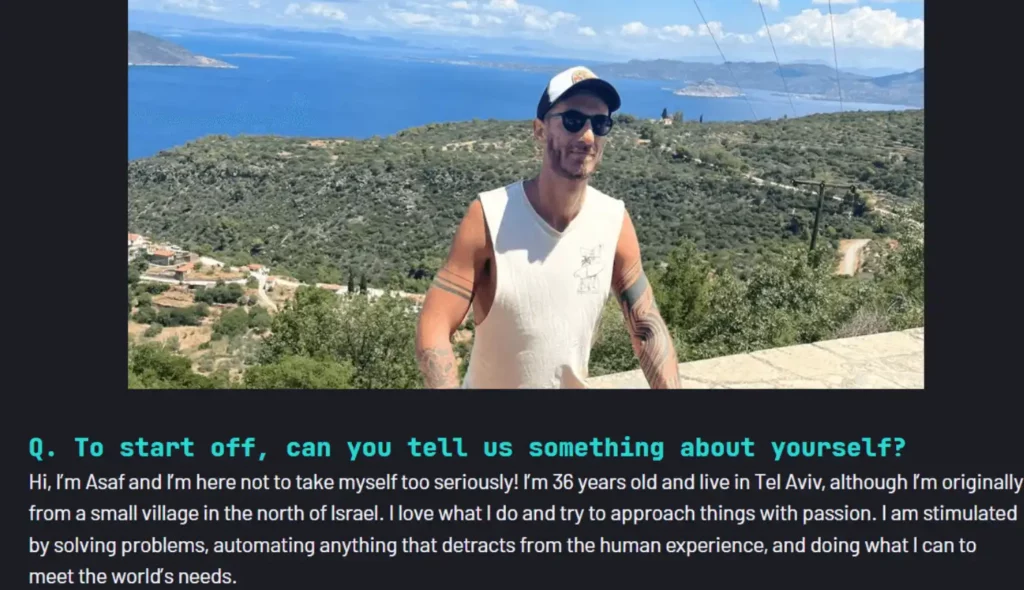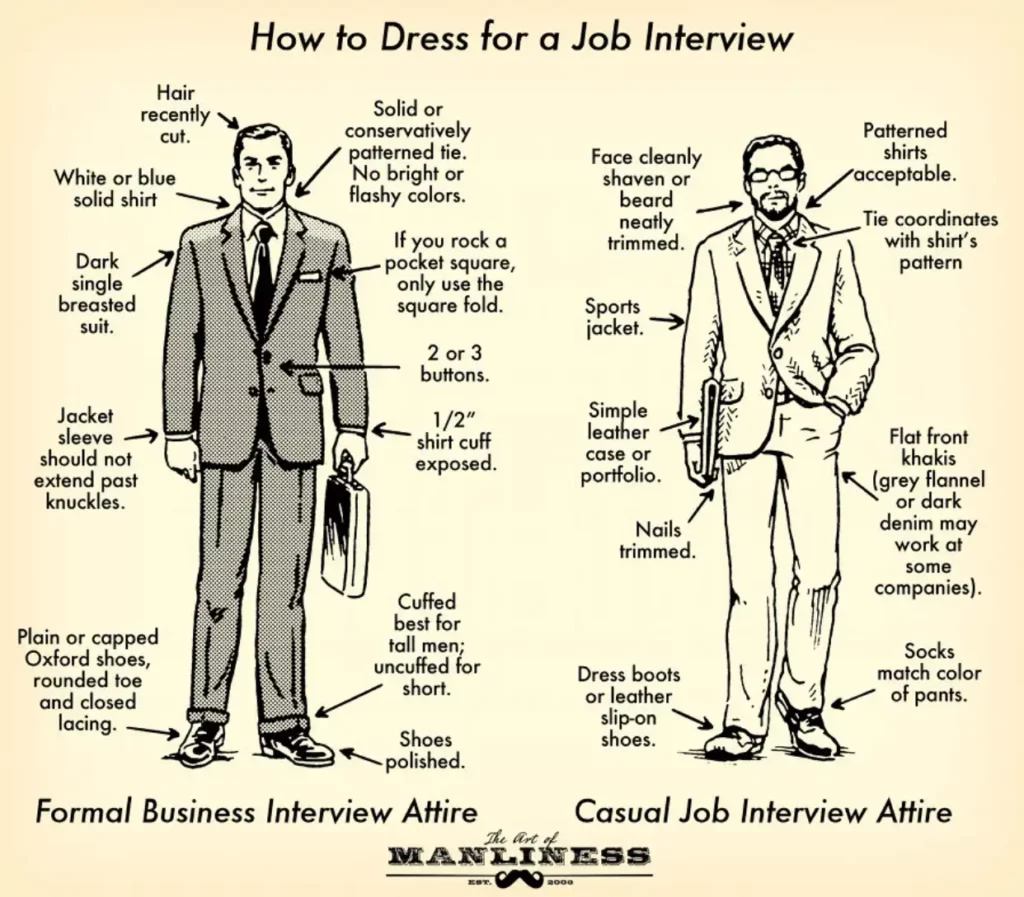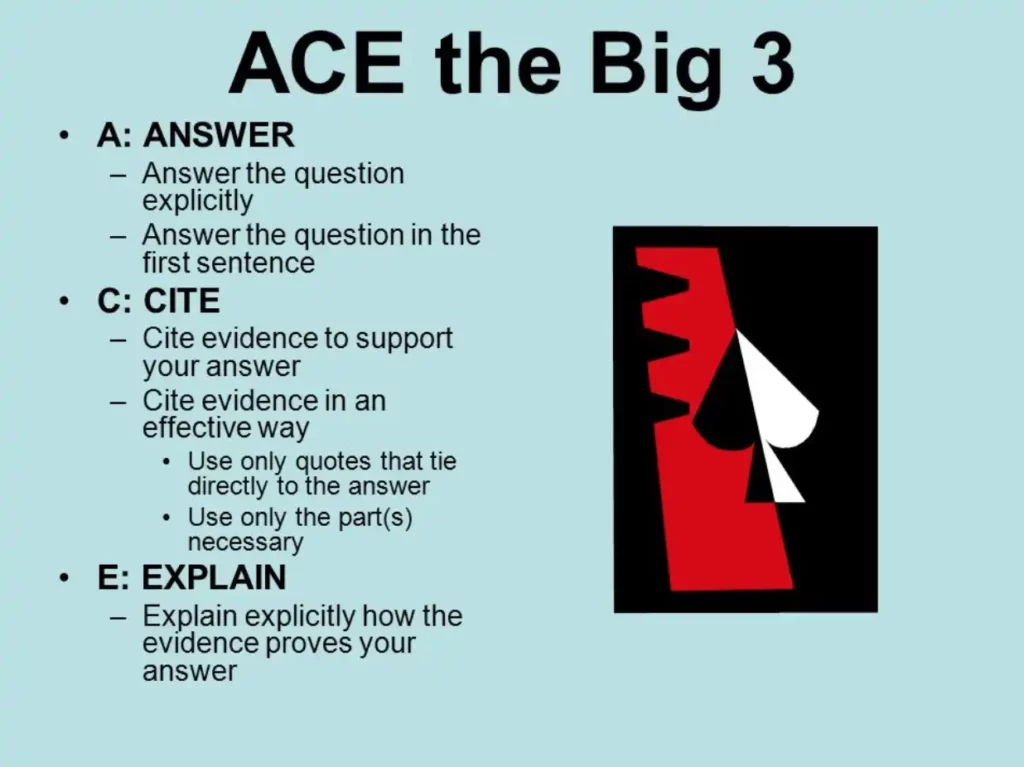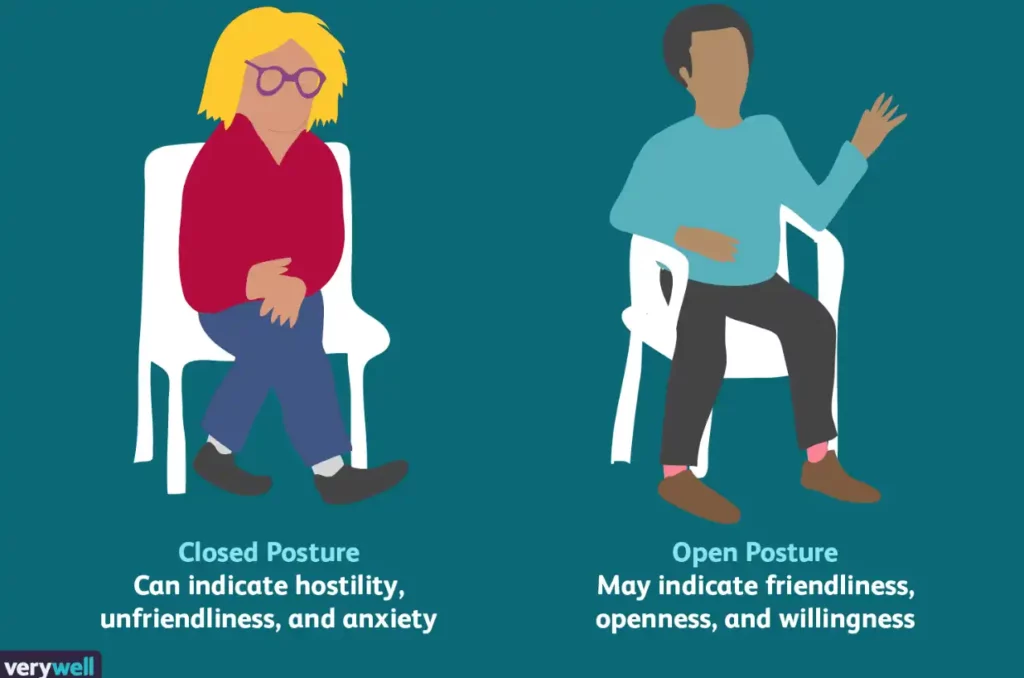You could be the most qualified candidate ever. You may have the best credentials and experience to fit a job description. You may have taken all the suitable courses and have the proper soft skills. You may have even found your dream job. But all of that could count for nothing if you don’t nail the interview.
To make sure your qualifications aren’t overshadowed by illpreparedness, you can’t rely on your wit alone to get you through your interview. A successful job interview is an art form of its own. You can take steps before, during, and after the interview that can improve your odds of netting the position.
In this article, we’re going to explore seven winning interview tips you can use to land the job of your dreams.
7 Tips for a Successful Interview
Below, you’ll find our top seven job interview tips and tricks. By adhering to this tested, actionable advice, you’ll improve your chances and put yourself head and shoulders above the competition.
1. Research the position and company
The first step in a successful job interview happens before the interview ever takes place. You can gain a few advantages by researching the company you’re interviewing with.
First, by understanding the organization’s core values and culture, you can better understand what recruiters are looking for. That’ll help you tailor your responses accordingly.
Secondly, researching the company before applying can help you land the interview. Remember, the first stage of your job interview is the cover letter and resume you submit with your application. Only 20% of applicants get to an interview. Anything you can do to improve your chances should be a priority.
Applicant Tracking Systems (ATS) are software applications companies use to screen applications for keywords related to a job opening. If your job application contains enough keywords, the ATS software will accept it. Make sure you’re tailoring your application to the specific job and company.
Highlight your relevant skills and experience. Align them with the job requirements to increase your chances of passing the ATS and making it to the interview stage. Use a clean, organized format, and avoid complex formatting elements that the ATS may not correctly analyze.
But you’ll need more than a few keywords for the actual interview. When considering a job opportunity, it’s important to assess the technical aspects of the position. You also need to look into the company culture and working environment of your potential new employer.
One effective way to gauge these factors is by looking for company interviews with existing employees. These interviews provide valuable insight into the day-to-day experiences, challenges, and achievements of those already working there.

The screenshot above comes from Descope. The company’s website offers a dedicated page called “Life @ Descope,” showcasing team member interviews. Exploring these articles allows job seekers to better understand the company culture, work-life balance, and camaraderie among the team.
By engaging with such content, an aspiring developer can make more informed decisions about whether a particular company aligns with their values and aspirations. You’ll also better understand what the interviewer is looking for.
If you note certain hot-button terms on the company’s website, work those into your responses to earn some extra points.
2. Dress for success
The first impression you’ll give your recruiter is visual. They’ll take note of your attire and presentation before you shake their hand. Up to 33% of recruiters decide within the first 90 seconds whether they’ll hire someone.
Even if your interview is virtual, you still need to make a good first impression. That’s why it’s so important to dress for success.
The rule of thumb has always been to dress for the job you want, not the one you have. So come dressed professionally. Of course, “professionally” can mean different things to different people. Your best bet is to ask the interviewer or your point of contact what the dress code is where you’ll be interviewing. Then, dress one step up from that.
For example, if it’s business casual, dress for business. Men should be wearing a suit and tie. Women should wear a professional suit with either pants or a skirt.

If the dress code is casual, dress business casual for your interview. And so on. Regardless of the dress code, ensure your hair is neat, your clothing is wrinkle-free, and any makeup is tastefully applied.
Also, if your interview is in-person, go easy on the perfume or cologne. If your interview is virtual, it’s still best practice to wear matching clothes “below the fold.” That way, if you stand up, you won’t have to explain why your shorts or pajama bottoms don’t match your blouse or blazer.
3. Prepare and practice your answers in advance
Another valuable tip for an excellent interview is to practice your answers. You don’t want to falter from a tricky question or topic you’re unfamiliar with.
Research common questions they might ask during your interview. You can also use workflow software to organize your preparation efforts and track progress. This way, you can do your best to cover all relevant areas and avoid surprises during the interview.
There are several common interview questions you should prepare for. Here are some of them:
- What can you tell me about yourself?
- What about this role specifically interests you?
- Where do you see yourself in five years?
- Describe a challenging time in the workplace. How did you resolve the issue?
- What are your greatest strengths and weaknesses?
- Why was there a gap in your employment?
- What would you say was your greatest professional accomplishment?
- Why did you/do you want to leave your current job?
As they say, practice makes perfect. By preparing and practicing these common interview questions, you’ll be able to answer with confidence.
4. Arrive early
If you’re late to your interview, you might as well throw in the towel. Plan accordingly and arrive early. It’s better to be 15 minutes early than five minutes late.
For in-person interviews, note the time and location of your interview. Use your GPS or Maps app to determine how long it should take you to arrive. If it falls around typical high-traffic times like rush hour, plan to leave early to account for unexpected delays.
If you’re interviewing virtually, make sure you test your software, internet connection, sound and lighting ahead of time and have the location you plan to use set up in advance. Be prepared and in attendance a few minutes before the scheduled interview time. It’s always better for your interviewer to join you in the call versus you joining them a minute or two late.
If you’re attending an in-person interview, you might have to sit for a bit to wait for your interviewer. But that’s a far better option than running in the door because your interviewer was waiting for you.
5. Answer questions directly
When asked a question, answer it directly. Don’t beat around the bush or go off on tangents. Focus on what the interviewer asked. Dive right in to your answer.

However, if you need a moment to consider the question before answering, take it. It’s better to take a few seconds to think about the question than to jump in and start rambling.
An example of this would be if you’re interviewing for a position as a data professional and your interviewer asked about data KPIs relevant to your field and how you’d use them to evaluate your work and progress. You should not only be familiar with the KPIs referenced, but also have examples of how you have used or would use them in real job scenarios.
Another example would be if, in an interview for a content marketing manager position, you were asked how you’d decide which marketing channels to focus on and how to allocate resources to each. You’d need to answer confidently with logical reasons to support your answers.
Pro tip: When you answer, be direct and confident, but never arrogant. Up to 76% of recruiters reject candidates they perceive to be arrogant.
6. Remain positive
One of the main reasons interviewers ask why you’re looking to leave your current job is to see how you’ll talk about your current or former employer. Don’t fall into the trap of being overly negative, even if you feel you were wrongly terminated.
Whether you feel justified in your opinion is irrelevant. Engaging in criticism or gossip only makes you look less appealing as a candidate. Instead, keep your answers positive and professional.
Note the difference between these two responses:
- “It’s ridiculous. There’s a glass ceiling and unless you suck up to the boss and become his lackey, you aren’t going anywhere.”
- “I’m grateful for all the opportunities I had there. But I’m looking for a company with more growth potential. When I researched your organization, I saw a lot of exciting opportunities, and I felt that was worth exploring.”
In the first response, the applicant sounds bitter, like they’re airing dirty laundry. The second response was professional and reasonable. That kind of attitude will get you a lot further.
7. Mind your body language
Body language is another crucial factor to consider when sitting for an interview. You want to relax, but not overly so. You want to portray confidence but not arrogance. And while you might be nervous, you can’t let it show.
For starters, maintain eye contact with your interviewer. If that’s too awkward, try focusing on their forehead, just above the eyes. This tactic gives the illusion of eye contact.

When you meet your interviewer, give them a firm handshake (if in person) or wave (if virtual) while looking them in the eye with a polite smile. When you’re sitting down with them, don’t slouch. Sit up straight with your shoulders back.
Don’t let your eyes wander too much. In virtual interviews, it can be tricky to maintain eye contact since you’re looking at a screen or a webcam.
One way to get better at this is to practice using a practice interview tool. It has an AI that tracks your body language and eye contact so you can improve with practice. Talk about an advantage!
Additionally, avoid any action that physically closes you off from the interviewer. That includes crossing your arms, turning your body away from them, looking off into the distance, or checking your watch/phone. This is especially important during virtual interviews.
Final Thoughts
Even the most qualified candidate can tank their chances for the job of their dreams if they have a bad interview. When prepping for your next job interview, keep these seven actionable tips front of mind.
To review, when going on a job interview, make sure that you:
- Research the position and company ahead of time
- Dress professionally
- Prepare answers to common interview questions in advance
- Arrive early for your interview
- Answer the interviewer’s questions directly
- Remain positive throughout the interview
- Mind your body language and maintain eye contact throughout
By following these interview tips and best practices, you’ll improve your odds of getting hired and setting your career on the right path.





